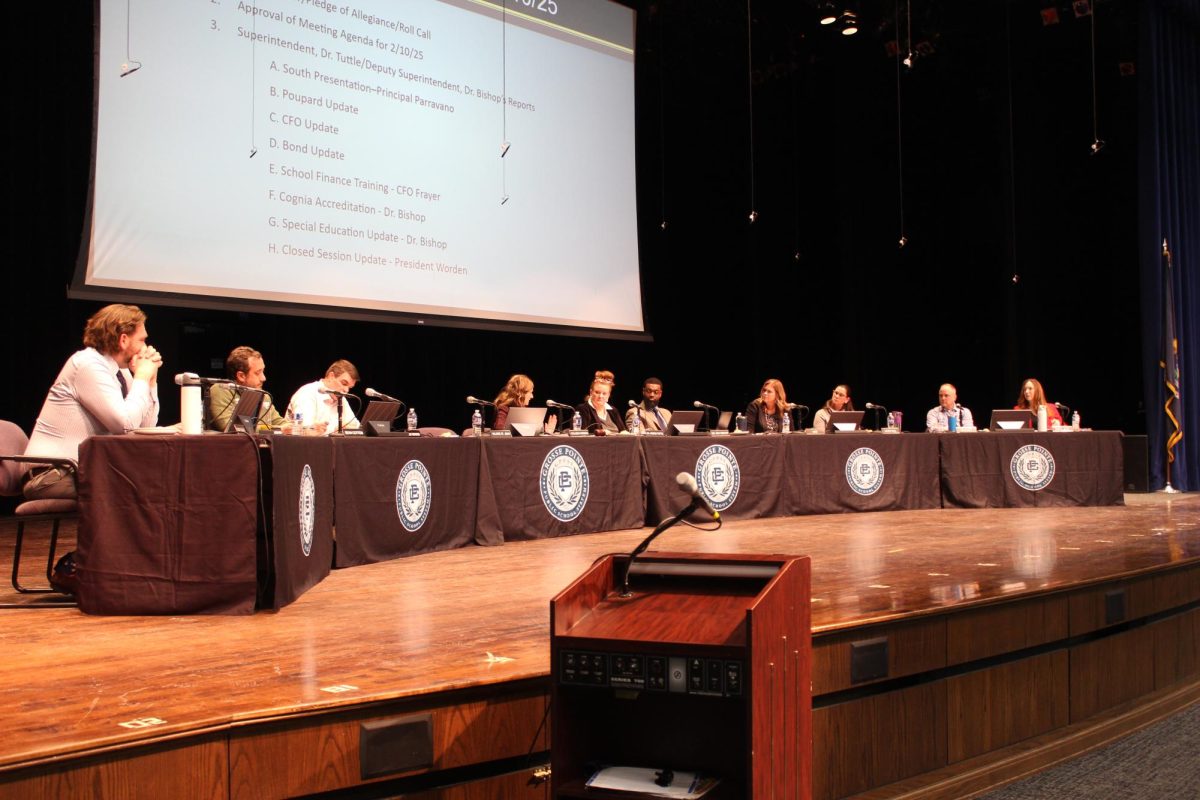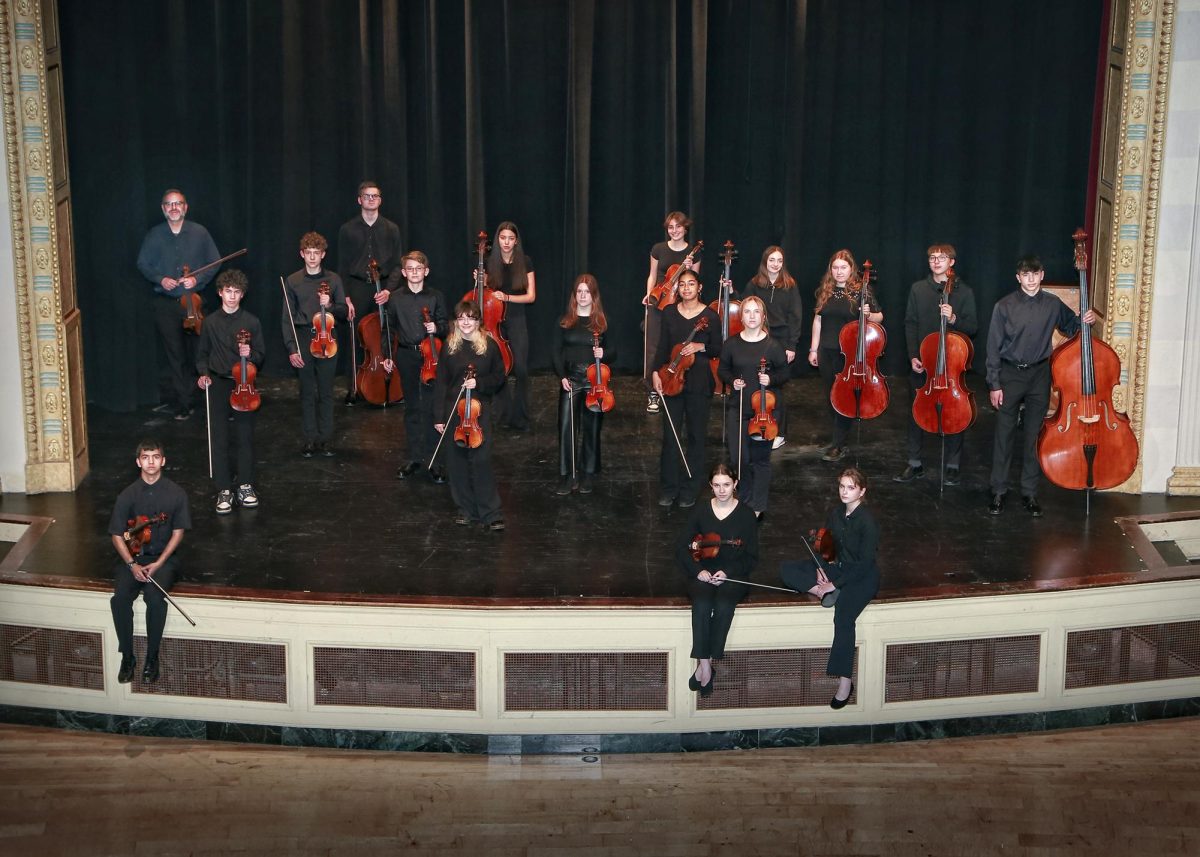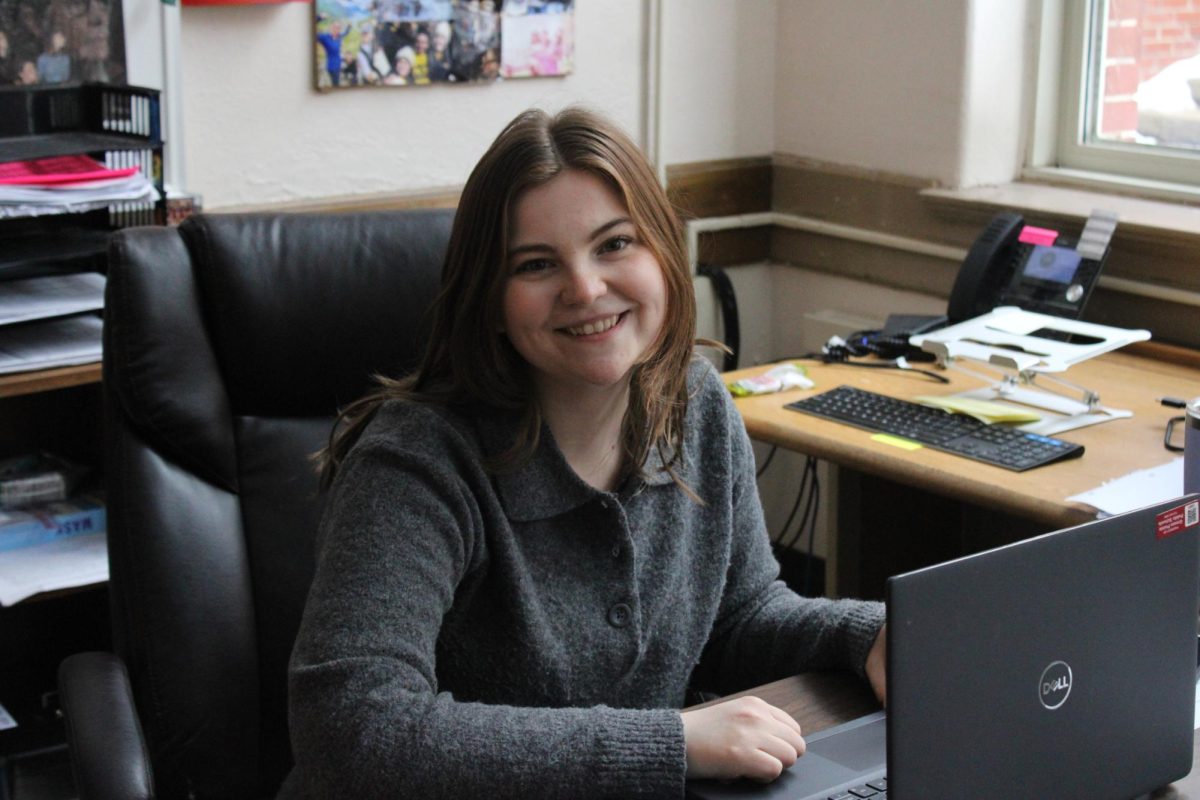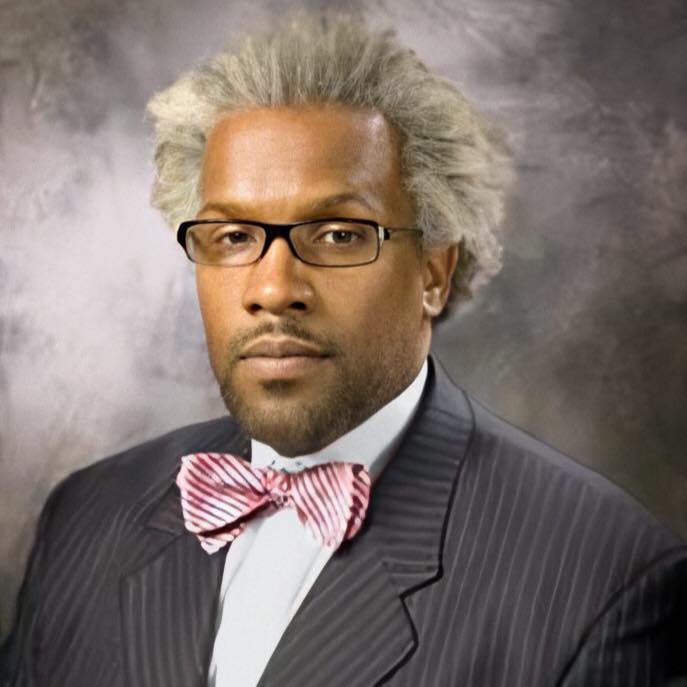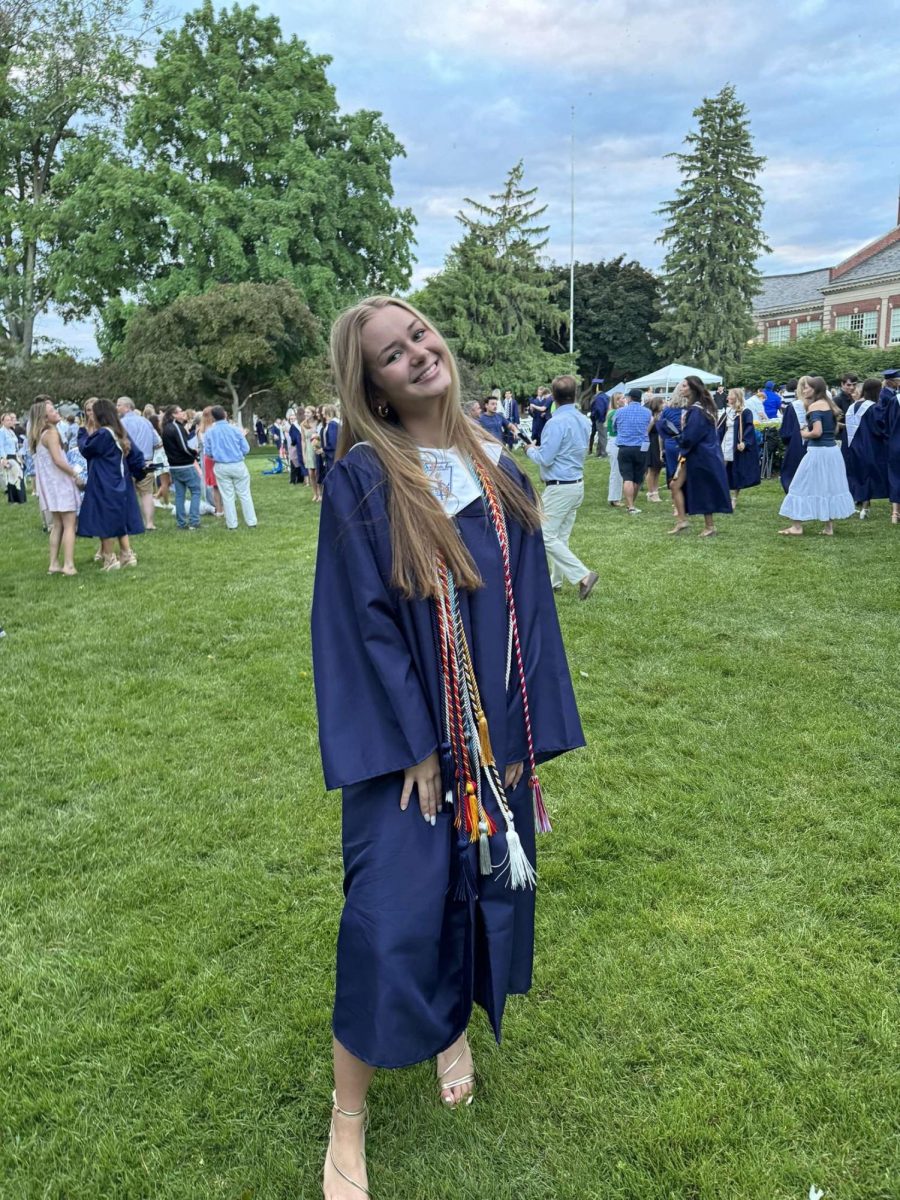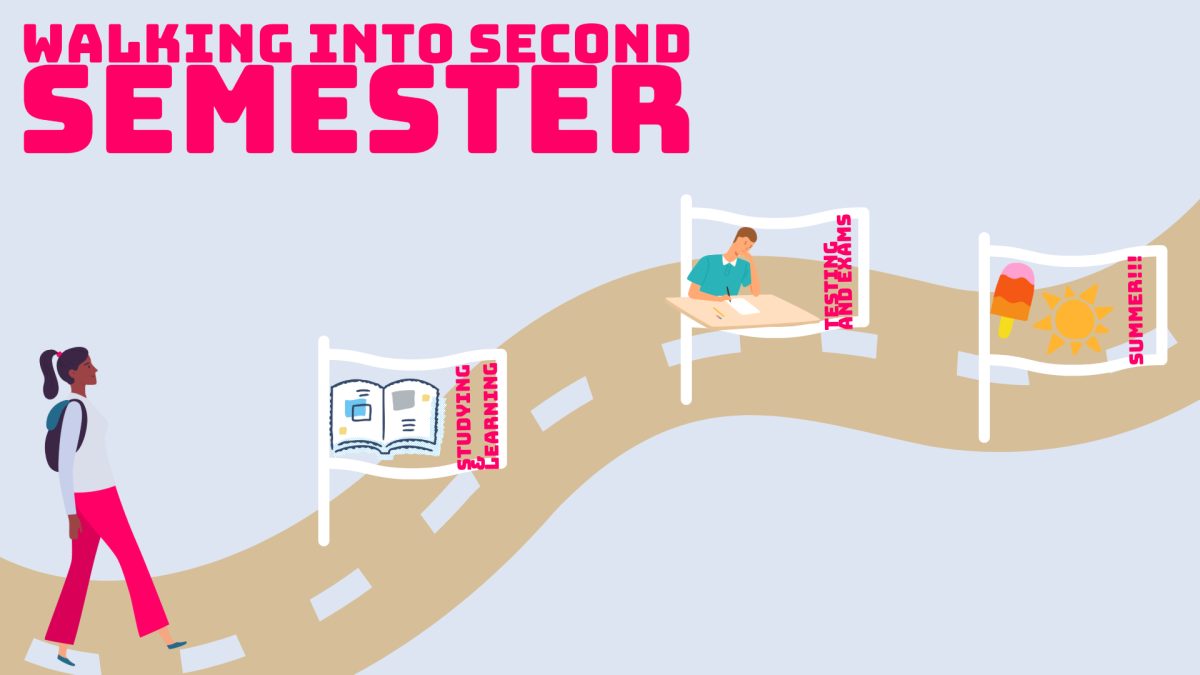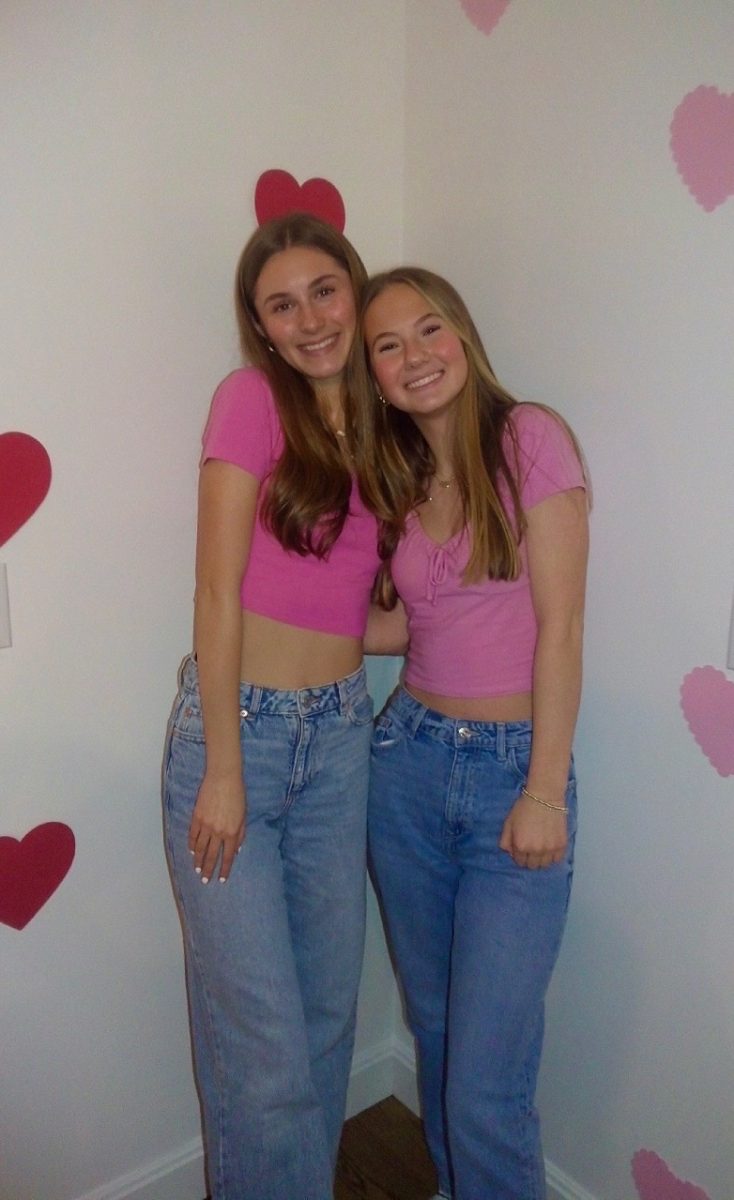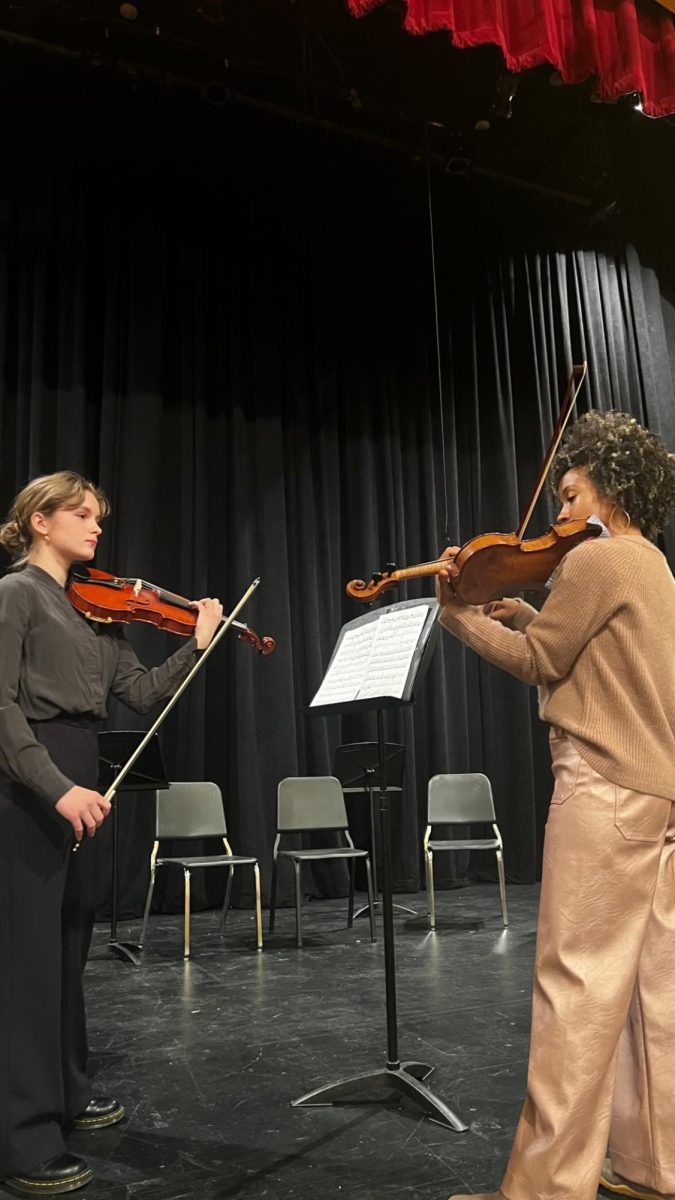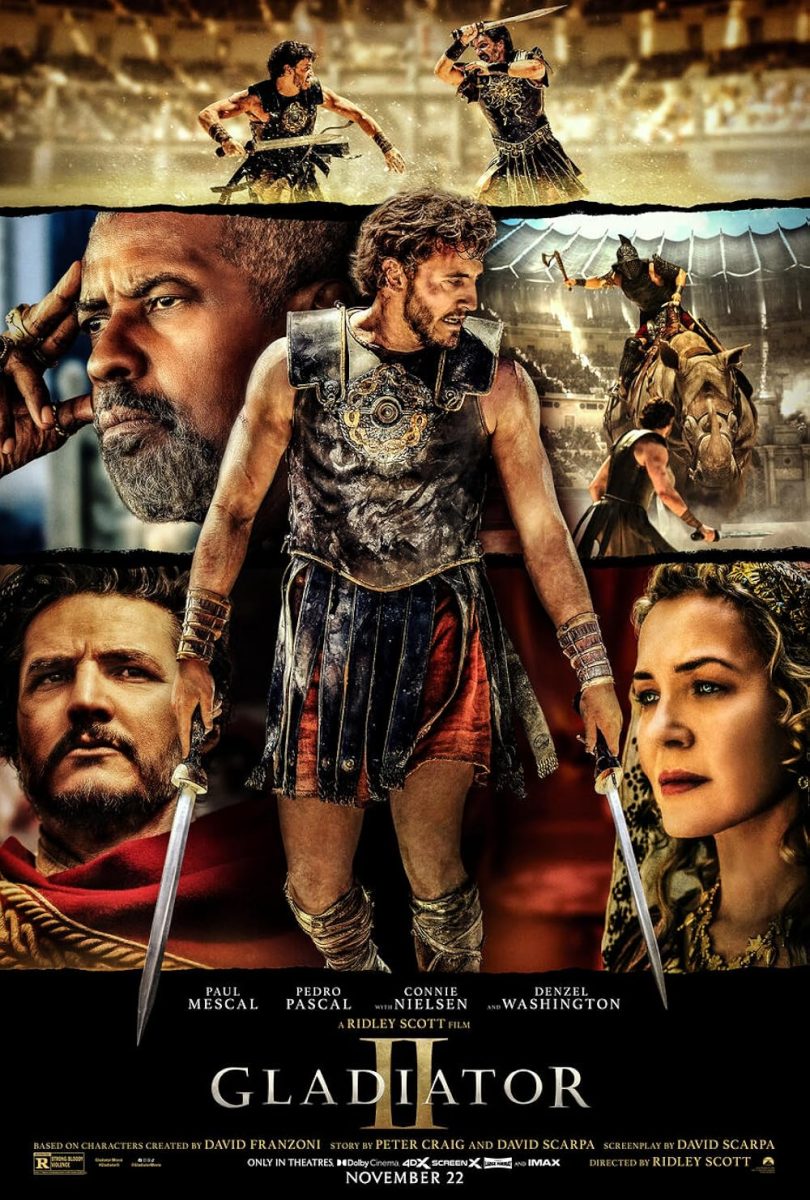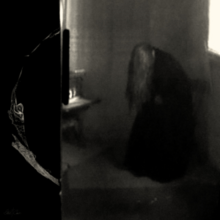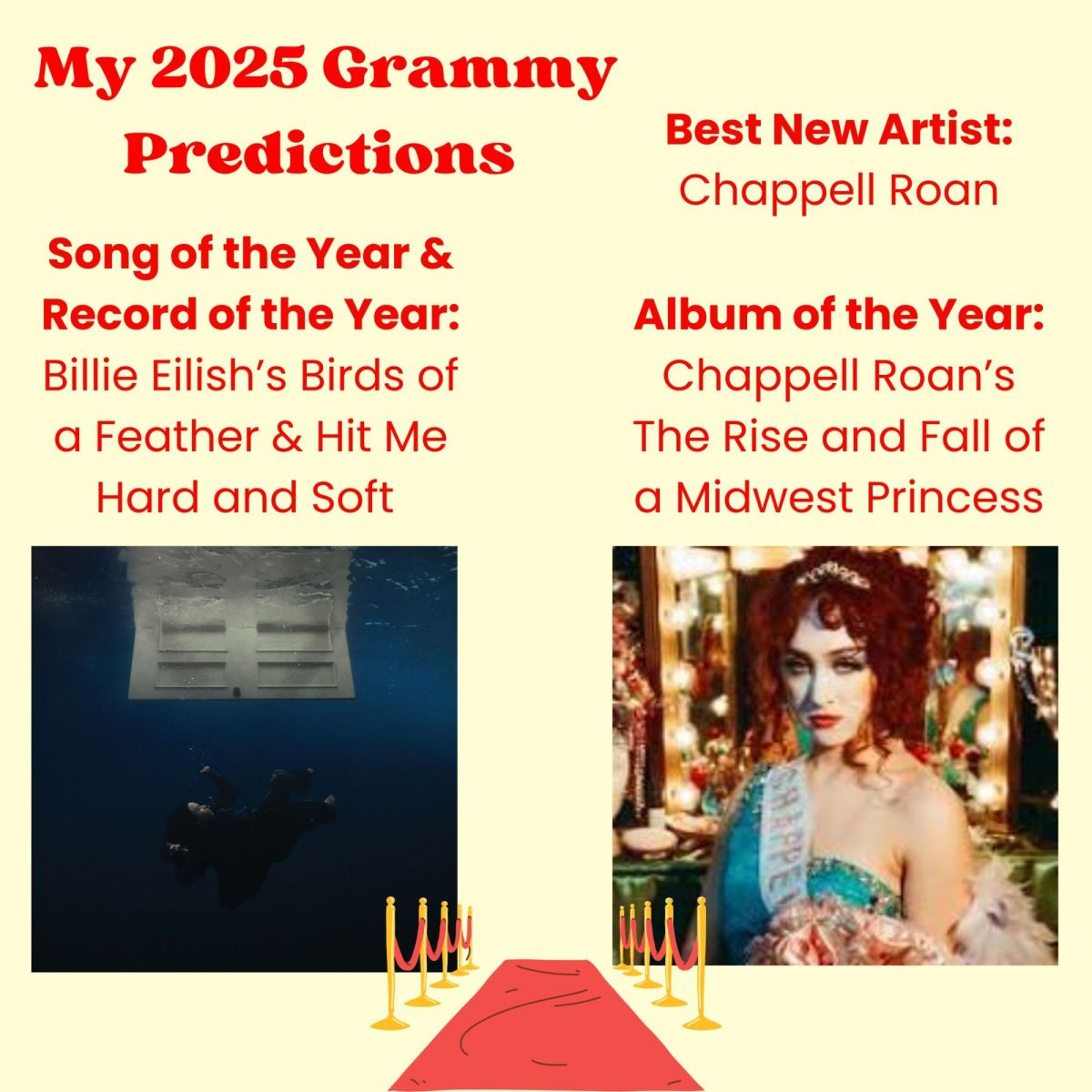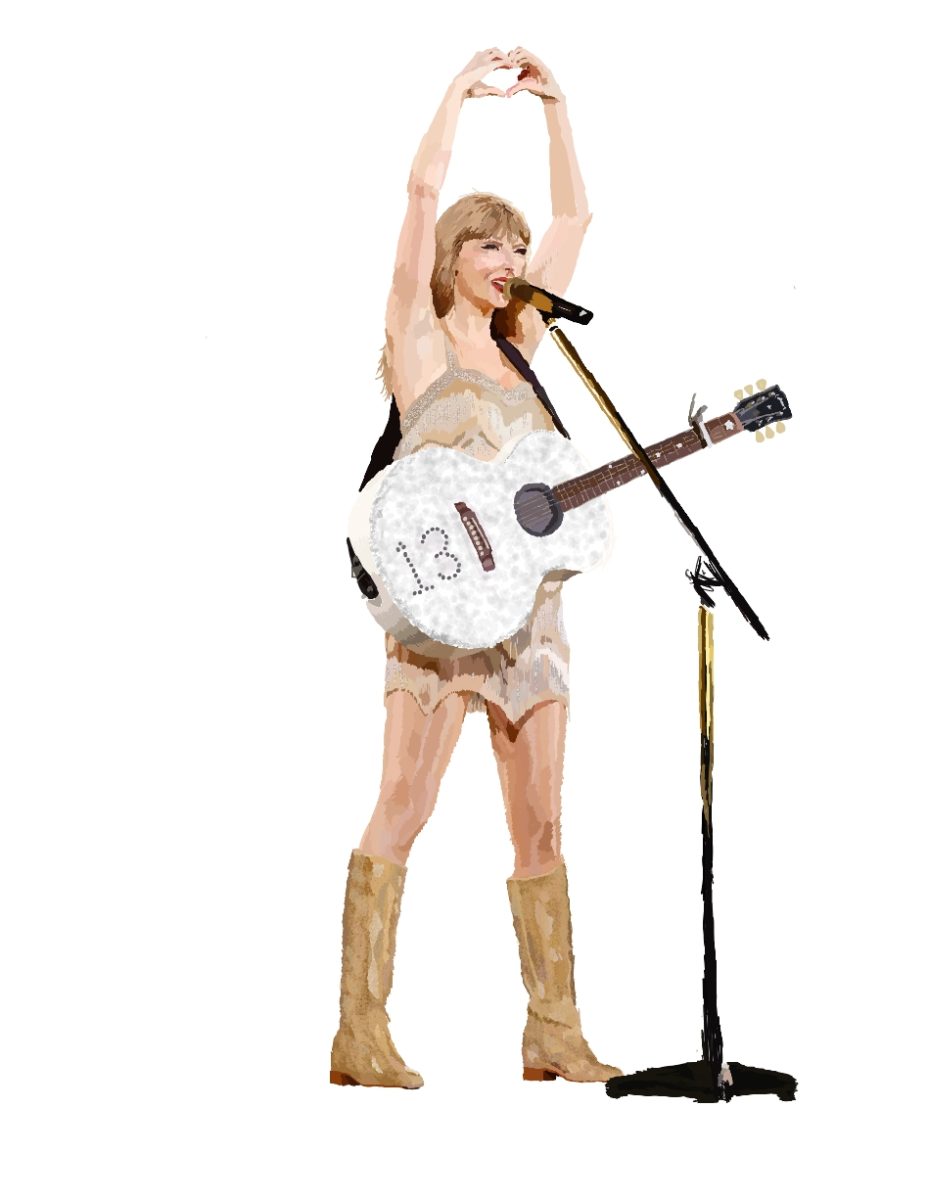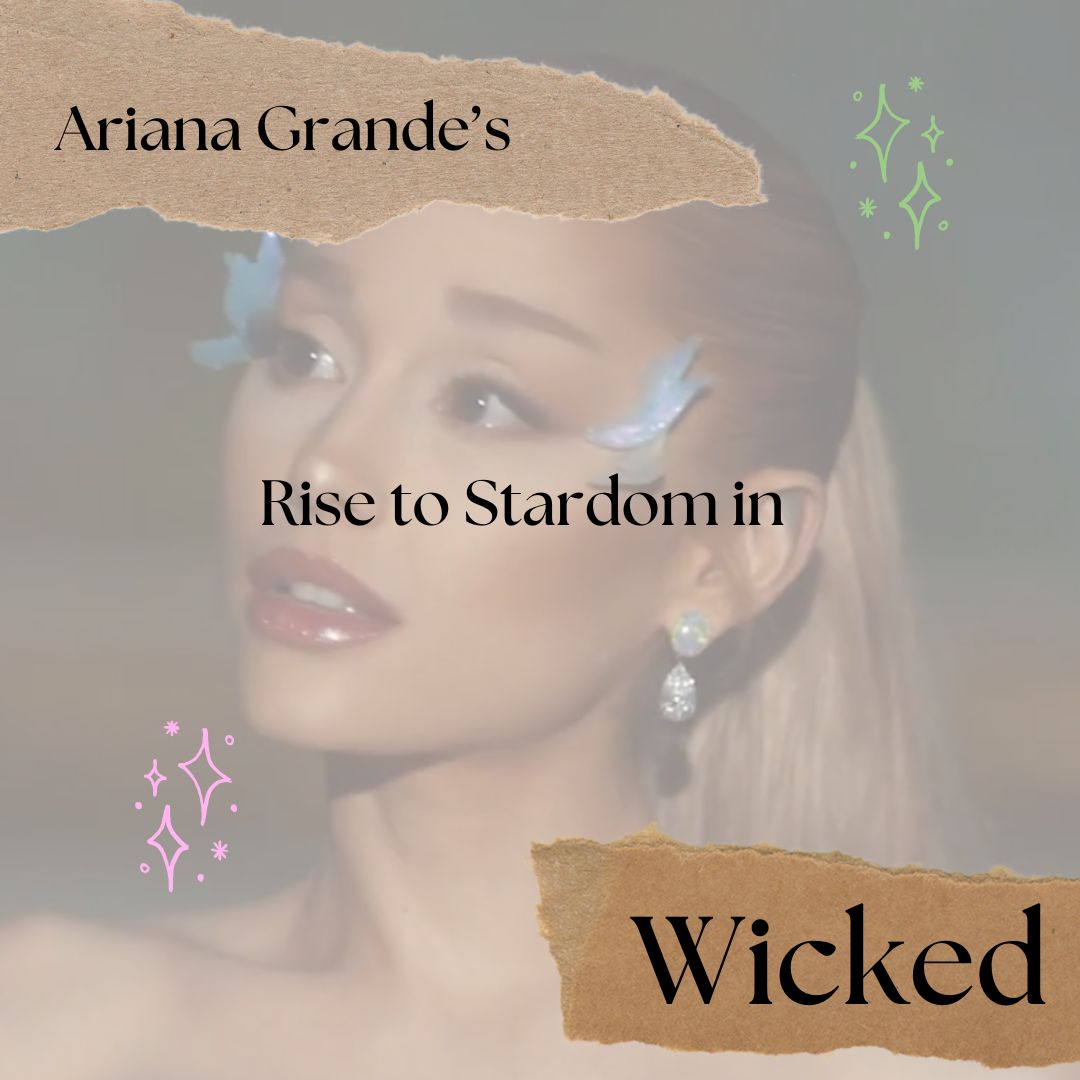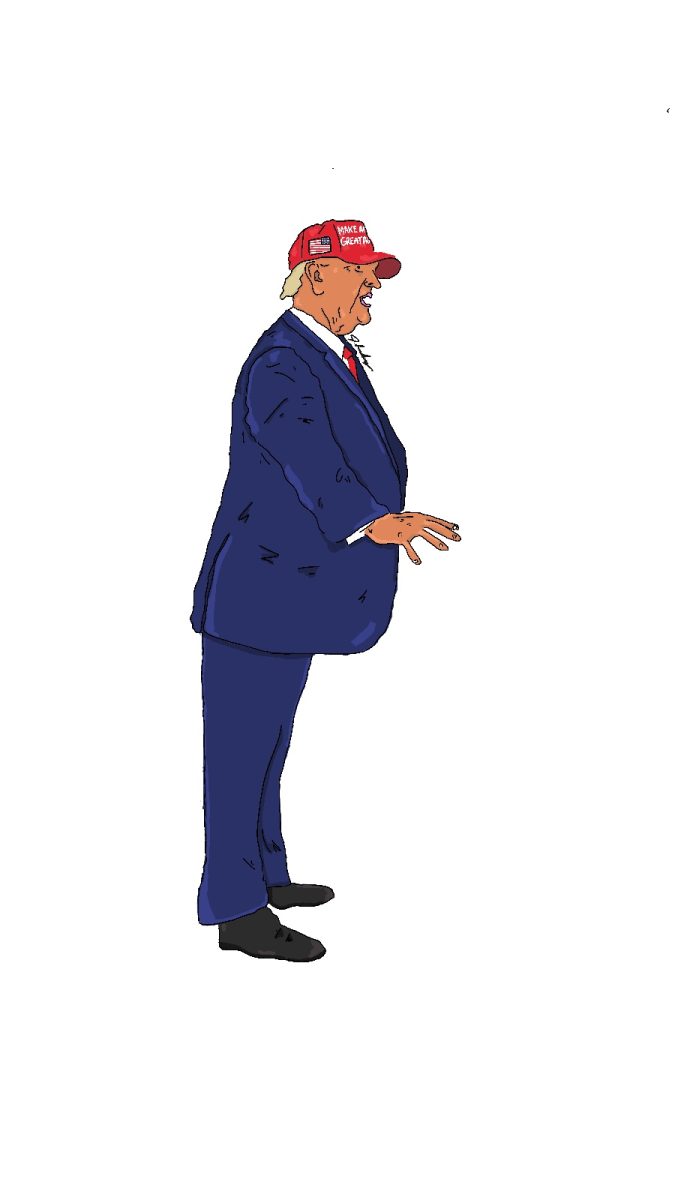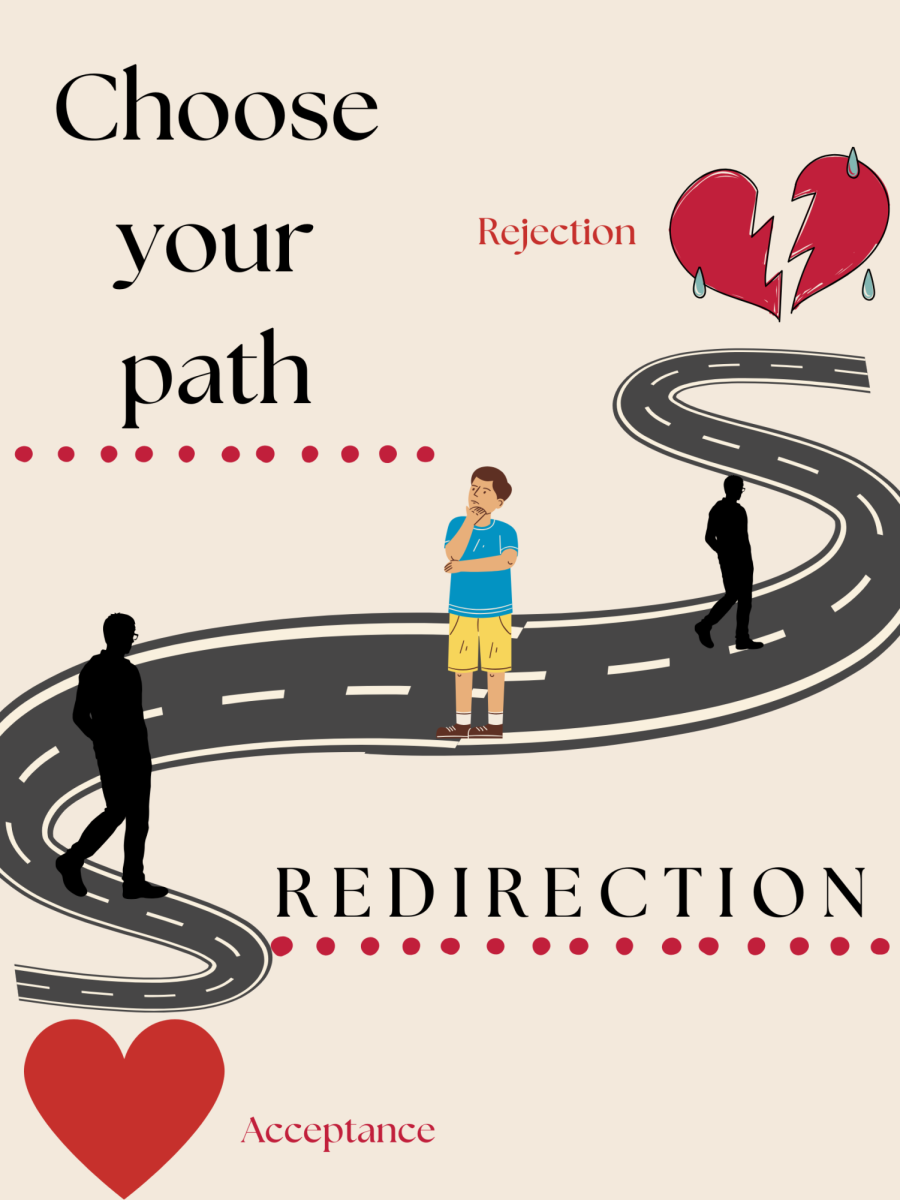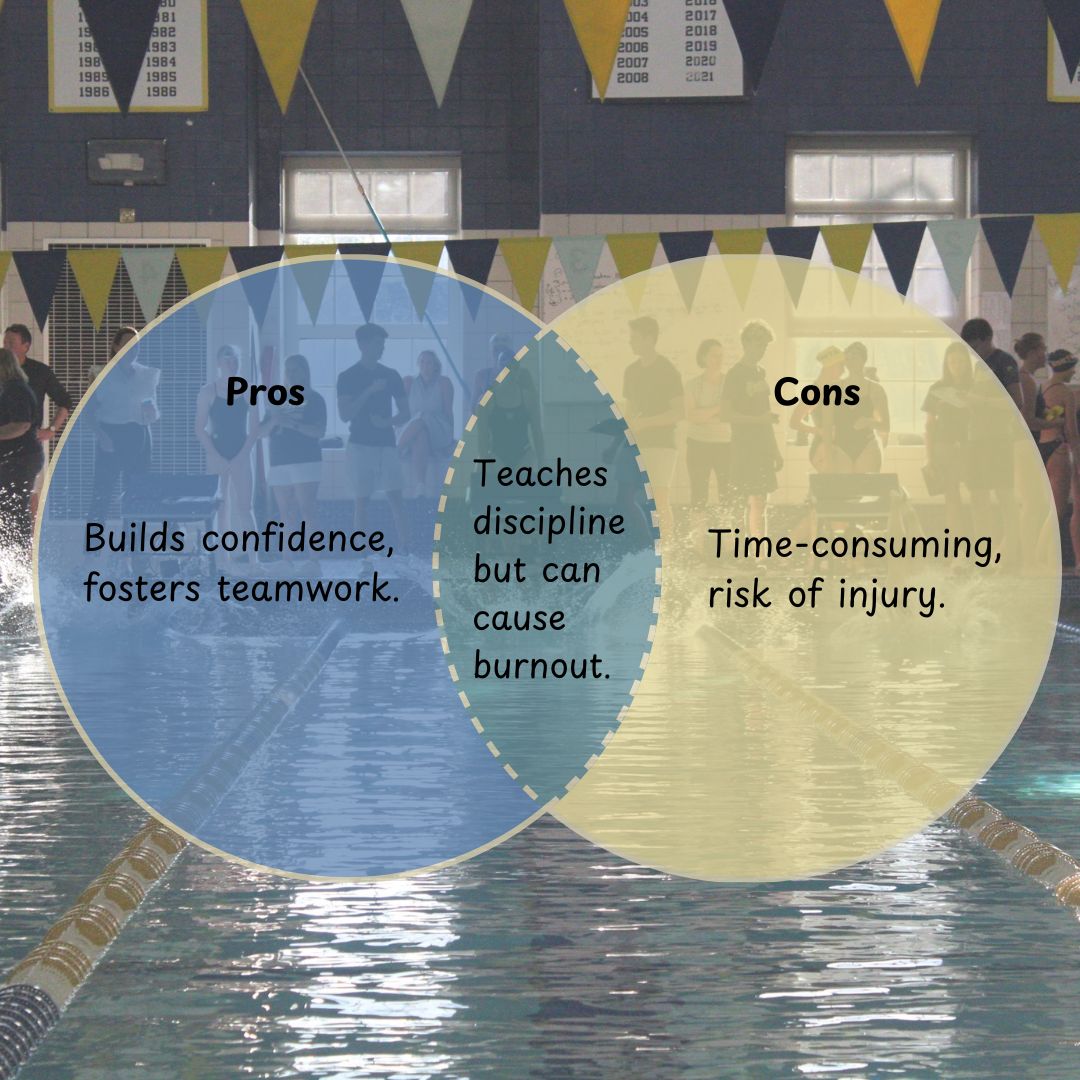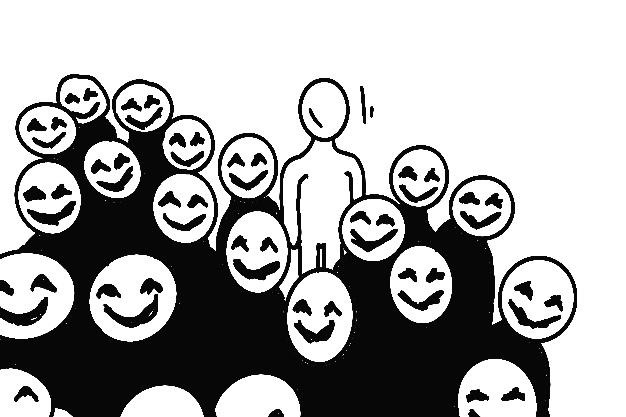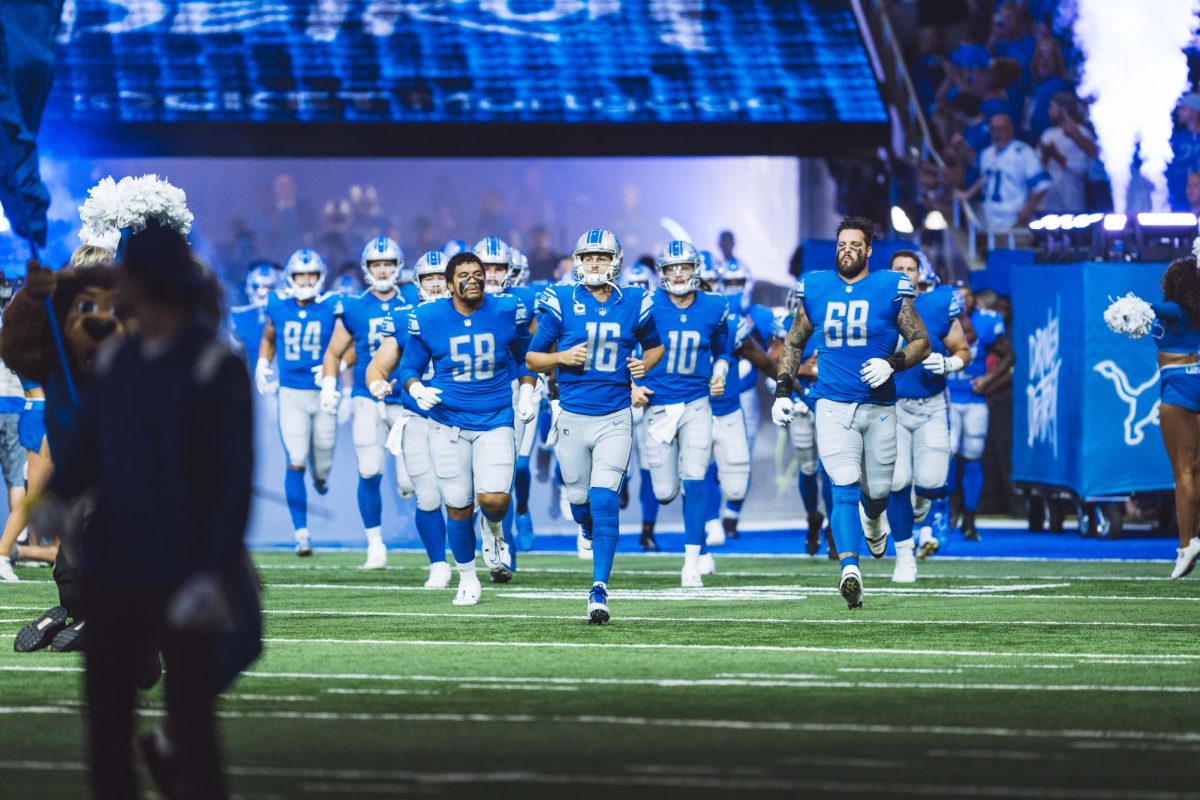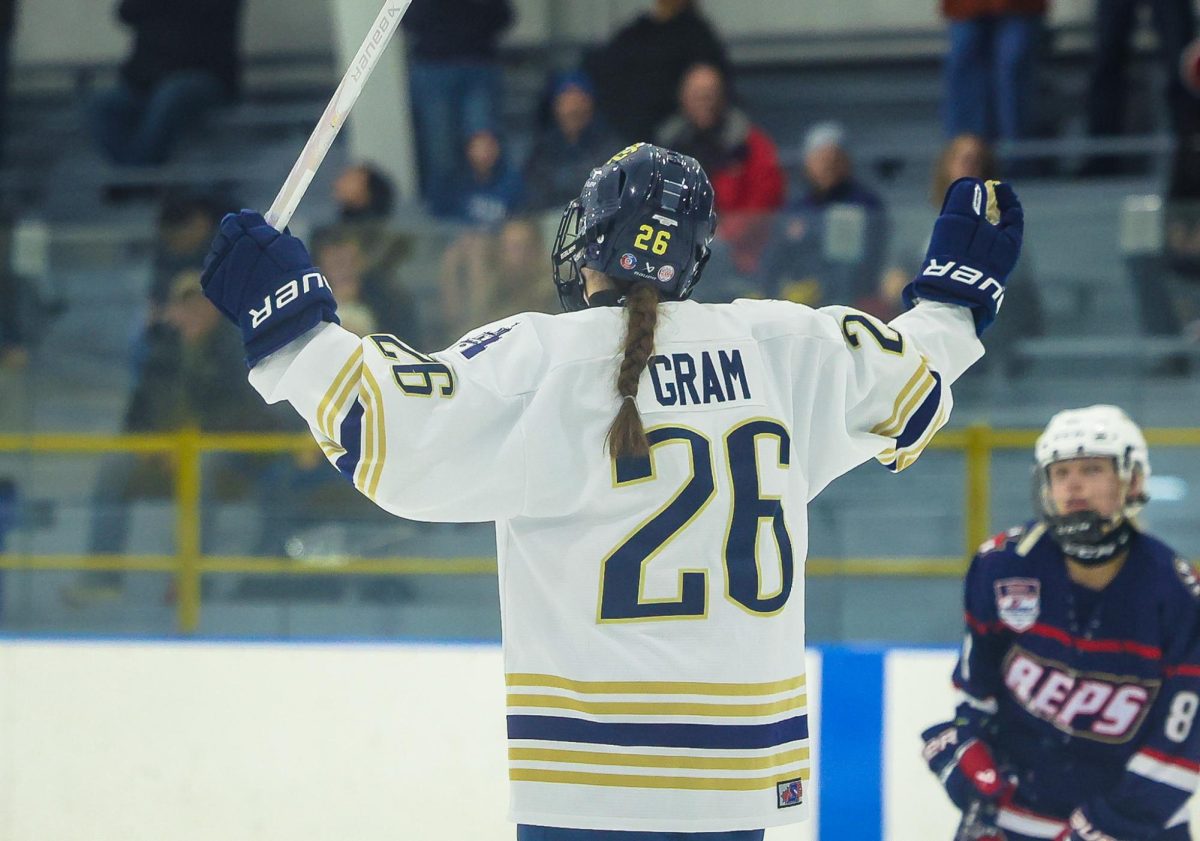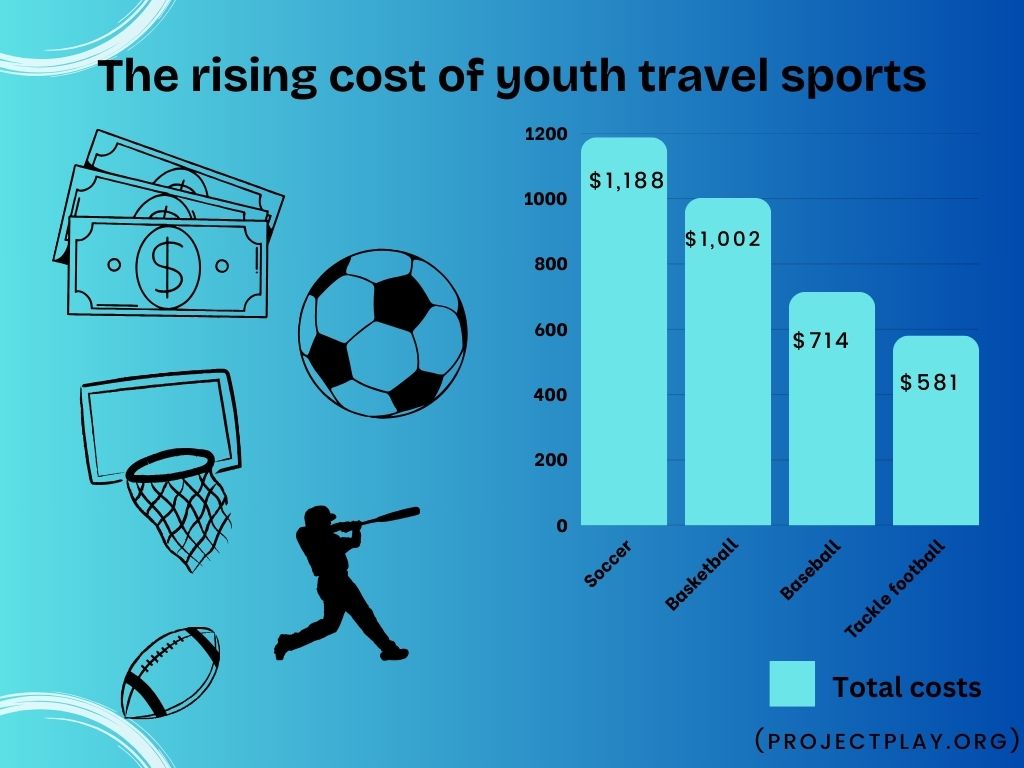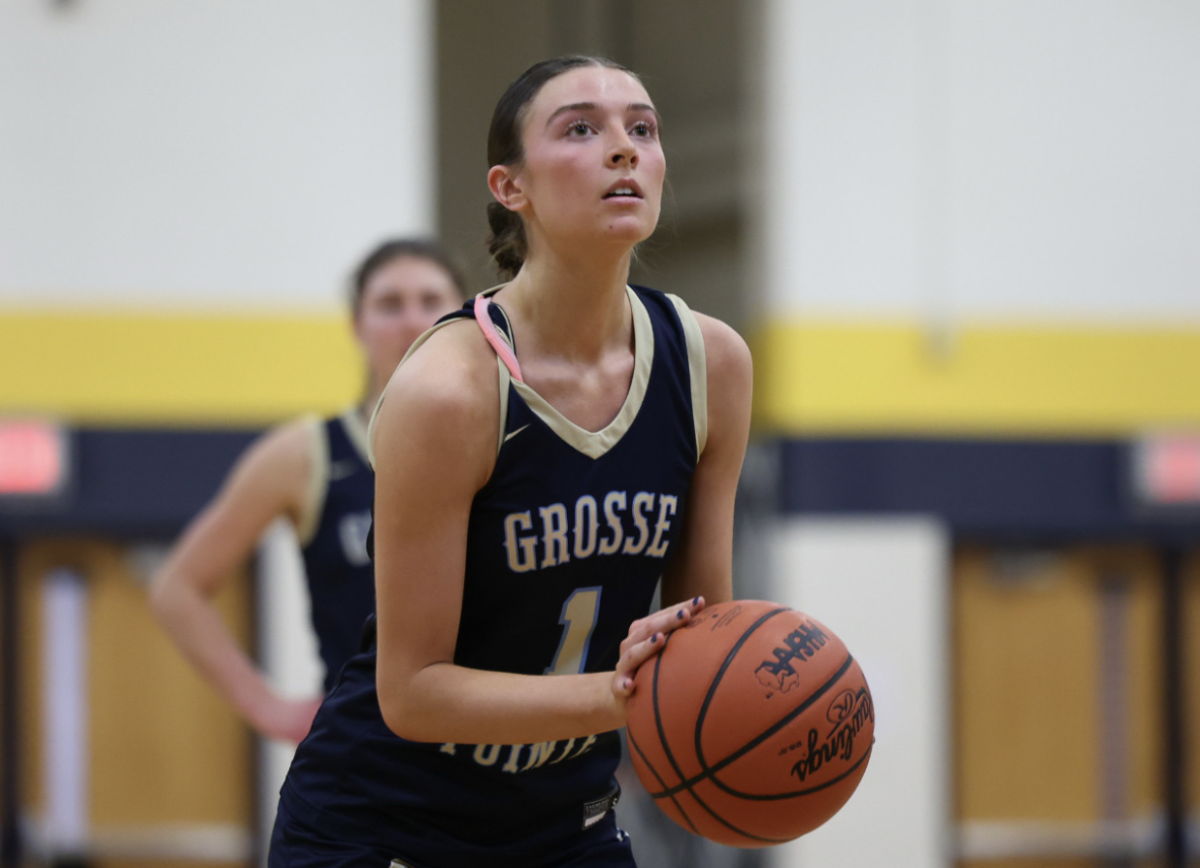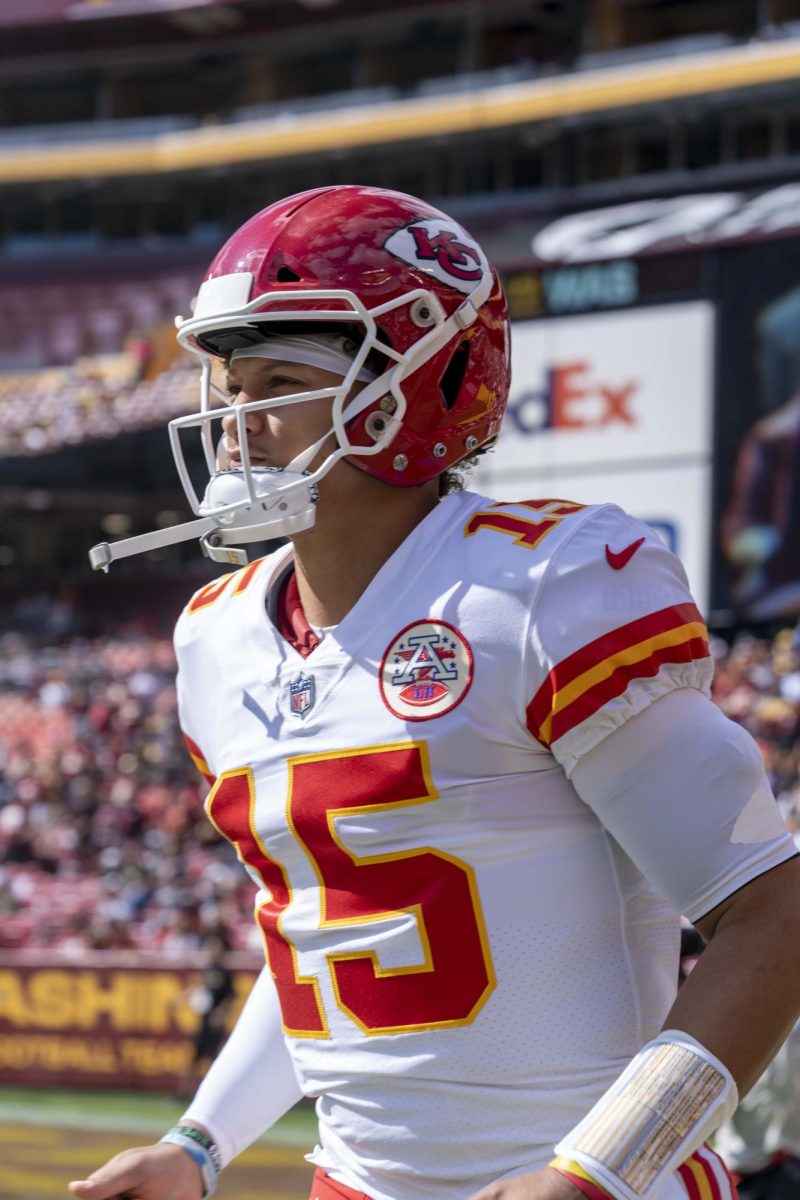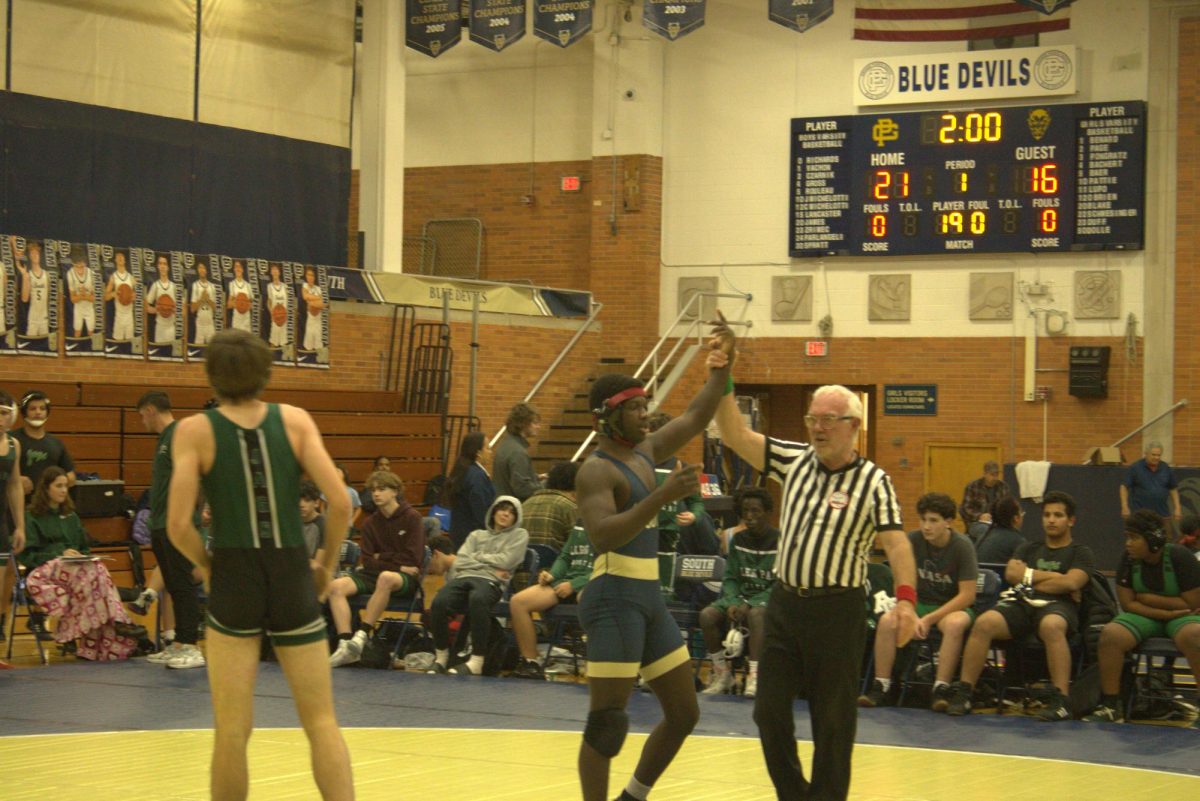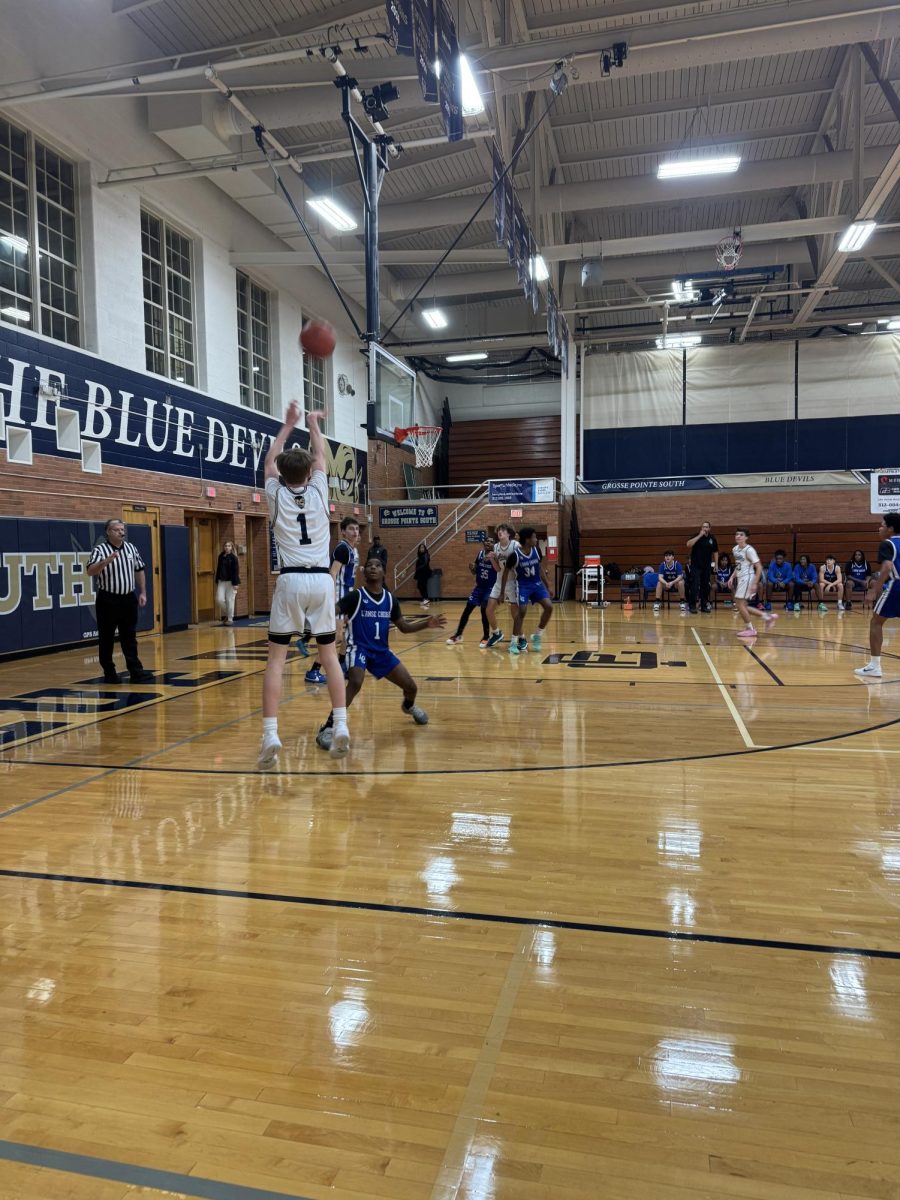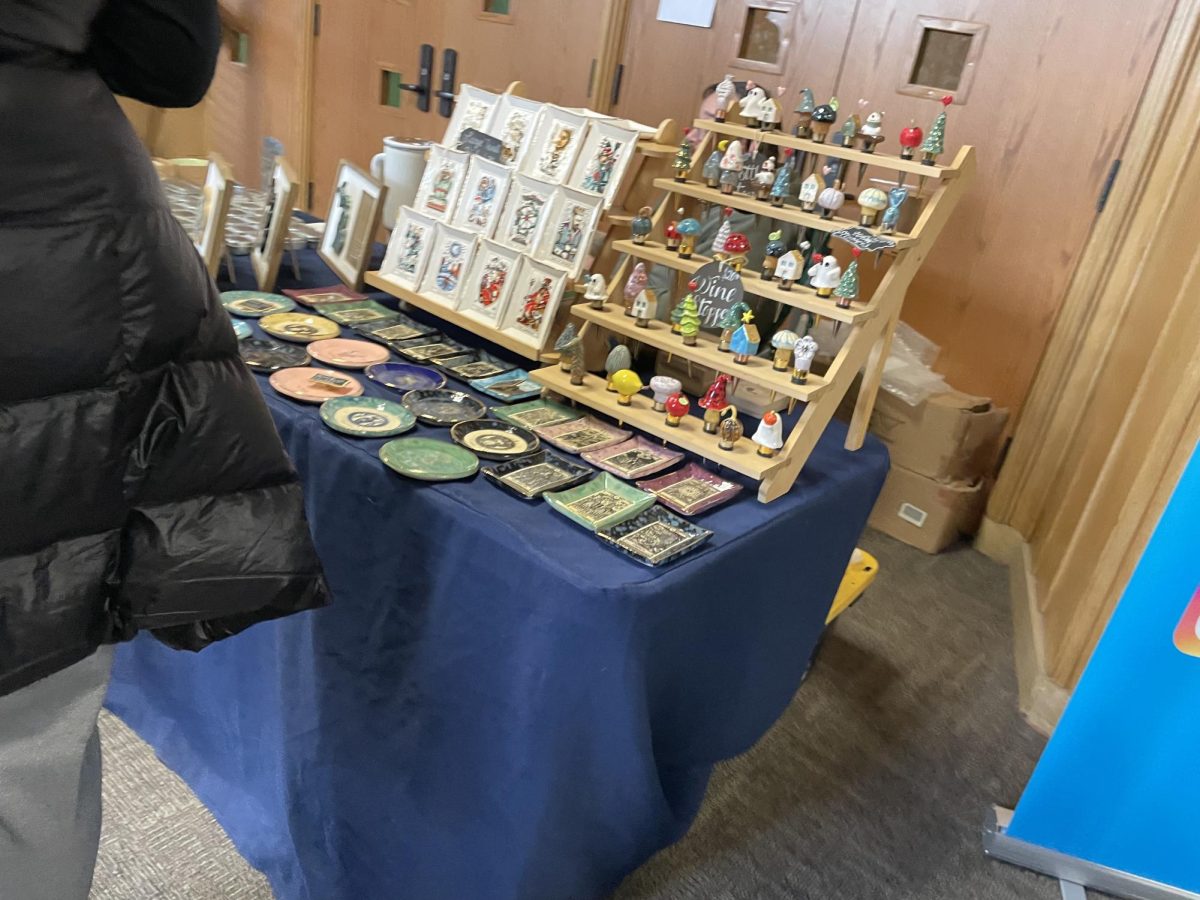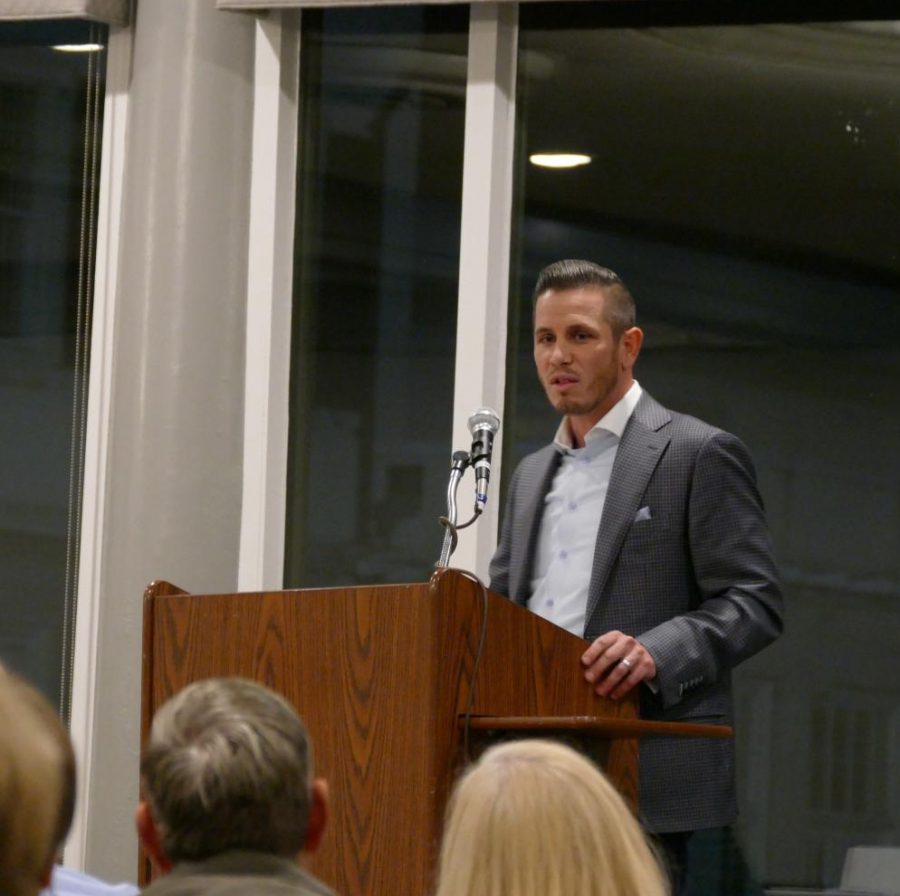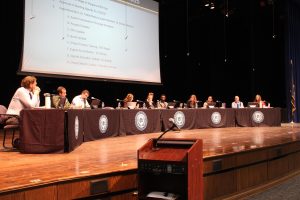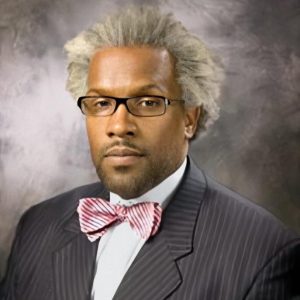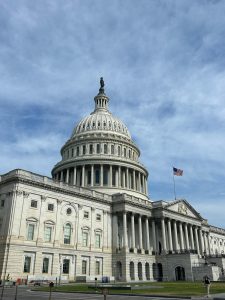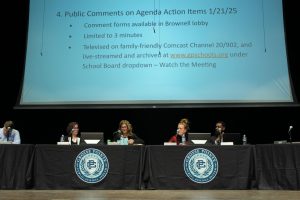Diversity, Discussion and Awareness
Panel meets at War Memorial to bring diversity awareness to community
South principal Moussa Hamka shares his story at the Understanding Our Differences, Sharing Our Stories event. Photo by Adrian Doan
November 8, 2017
Welcoming Everyone Grosse Pointe (WEGP) hosted three prominent figures from Grosse Pointe and Detroit to share their stories and begin a conversation about diversity.
The Understanding Our Differences, Sharing Our Stories event included speakers Reverend Georgia Hill, University of Detroit Mercy Associate Professor Ike McKinnon and South Principal Moussa Hamka, all of whom spoke to community members October 26 at the Grosse Pointe War Memorial.
“I think it’s (diversity) an important conversation to have in our community and in Metro Detroit in general,” Hamka said.
McKinnon began the conversation with his childhood experience regarding racism and hate, and continued with stories of his time as Detroit police chief and as deputy mayor. He shared inspiring stories of cooperation and tales of hate.
“I have seen good and bad in every group,” McKinnon said. “We are doing what good people do because we are finding out what we can do to make a difference.”
Hamka followed Mckinnon with stories of his childhood as a member of the Muslim community in Dearborn, Michigan, along with his experience teaching in different communities. Hamka explained to listeners how as a child he experienced racism and participated in it, and how he has grown to understand the importance of inclusion.
“My journey has been affected tremendously by my upbringing and my background,” Hamka said. “Inclusion takes a lot of understanding, a lot of back and forth and staying engaged.”
After Hamka and McKinnon spoke, Rev. Hill, the associate pastor of Plymouth United Church of Christ who works in Christian education, spoke of respecting and being proud of diversity. She emphasized that empathy was the best way to understand one another and bridge the gap.
“If those of you who appear white in this audience were to think of yourselves as black, when someone starts to use racial epithets you would not think that they’re talking about someone else but (that) they’re talking about you,” Hill said. “What would it be like if we all started to think of ourselves as one race, the human race and we stopped posting these ridiculous differences between us.”
Once all speakers were done, the attendees split into discussion groups which shared similar tales of diversity. These discussions were meant to kickstart a wider community focus on inclusion.
“I hope that people will come to listen to one another and come to see that we can make progress,” Hill said. “It is possible to make a difference just by talking to someone. It is possible by looking in their face, seeing what they have to say, listening to their experience.”

